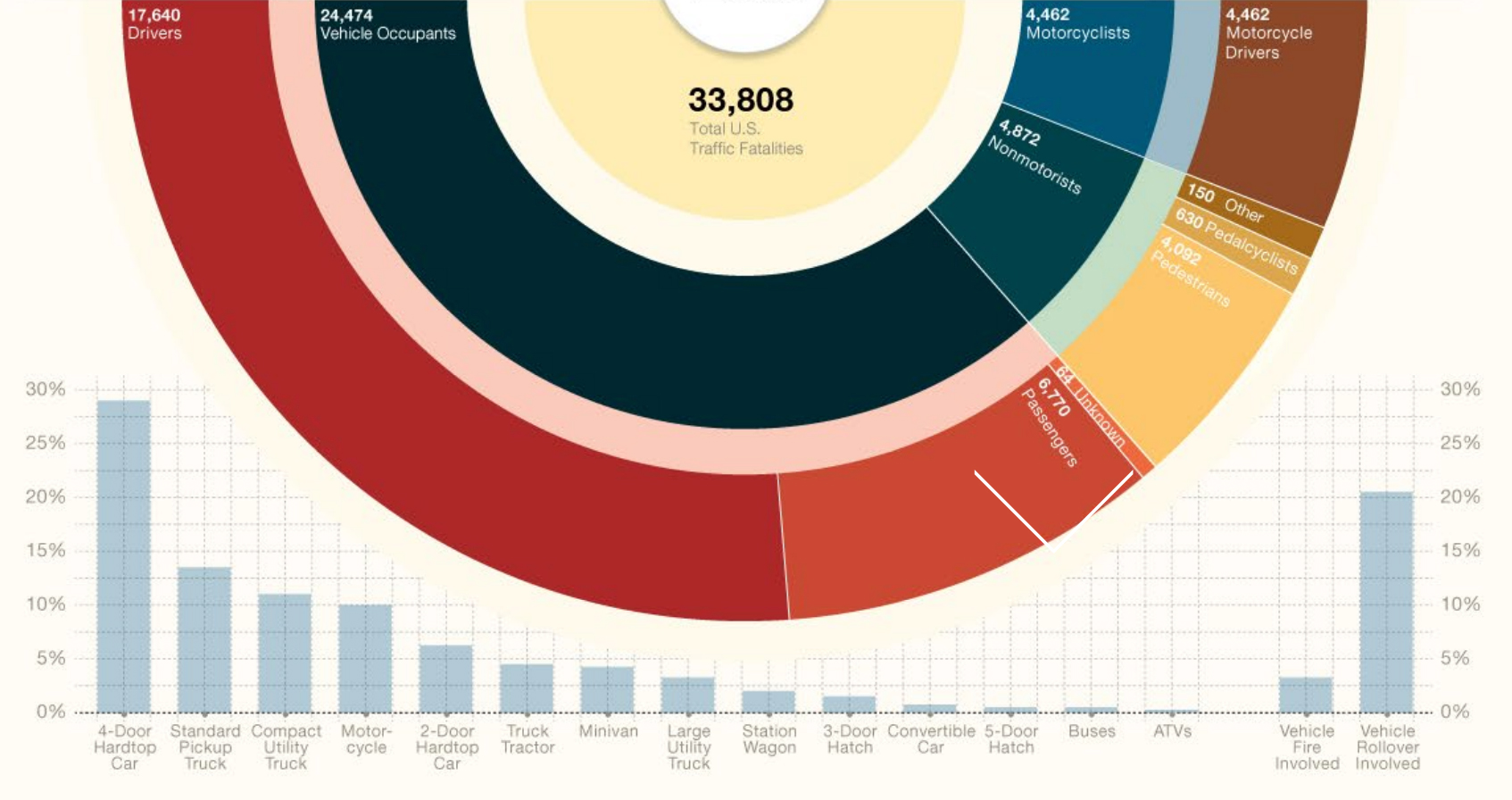
Life of an Entrepreneur: From success, you learn absolutely nothing. From failure and setbacks, conclusions can be drawn. That goes for your private life as well as your career.

Last Mile of Analytics
Why is Data Storytelling so Important?
According to a report from 2016, while most businesses do collect data in one form or another, only about a third of them actually use that data to drive their decision-making in a meaningful way.
If we may be glib for a moment: Can you blame them?
Most people will look at data analytics and not see anything but decimals and commas. Professionals in the analytics field may have a stronger grasp of what they’re looking at, but knowing what to look for, turning that into actionable insights, and communicating those insights clearly to their customers or their employers or whoever is calling the shots at the workplace — is all easier said than done.
So we essentially have two major problems here:
- The software doesn’t always know what to look for and, sometimes, neither do the people using it.
- The decision-makers in your organization may tune out thirty seconds into your abstract, numbers-heavy presentation. But again, can you blame them?
So, we have data story telling. The general idea doesn’t take much explanation: You take the information you’ve mined through data analytics and turn it into a clear narrative that helps a business to flourish. Actionable insights are sort of like Aesop’s Fables: If you do “that,” then “this” is the result you’re generally going to arrive at. Whether we’re talking about more general life lessons or something as specific as, say, including a call-to-action on your landing page, it’s the same principle: Do that, get this.

Data storytelling works in part because it’s clear and to the point. Whereas raw analytics and non-curated data visualization can feel a little cluttered and unwieldy, a story is refined and streamlined. We communicate the important parts and put the rest in the footnotes.
And it works because it’s dramatic, and drama is what we respond to as human beings.
Check out more data related posts here.





